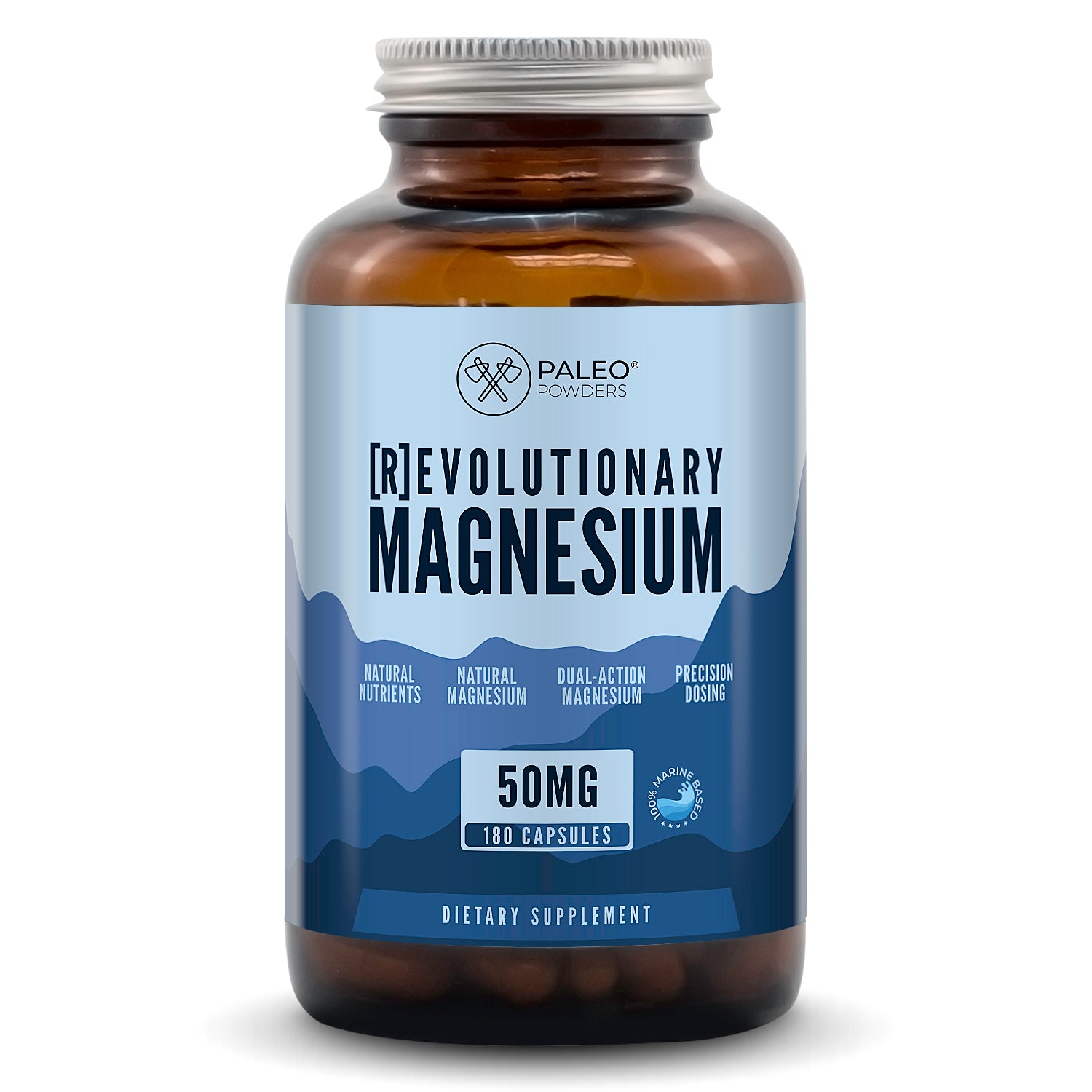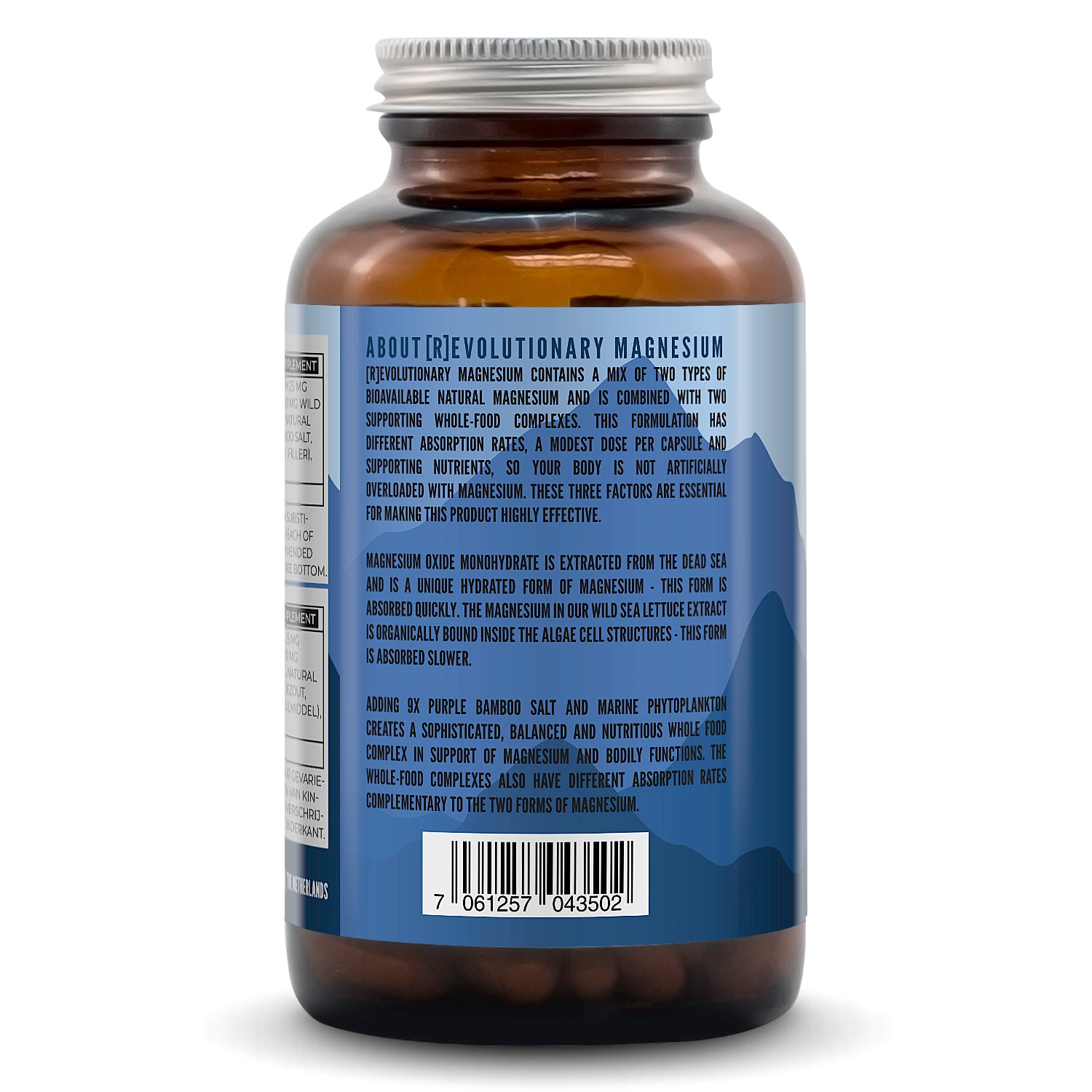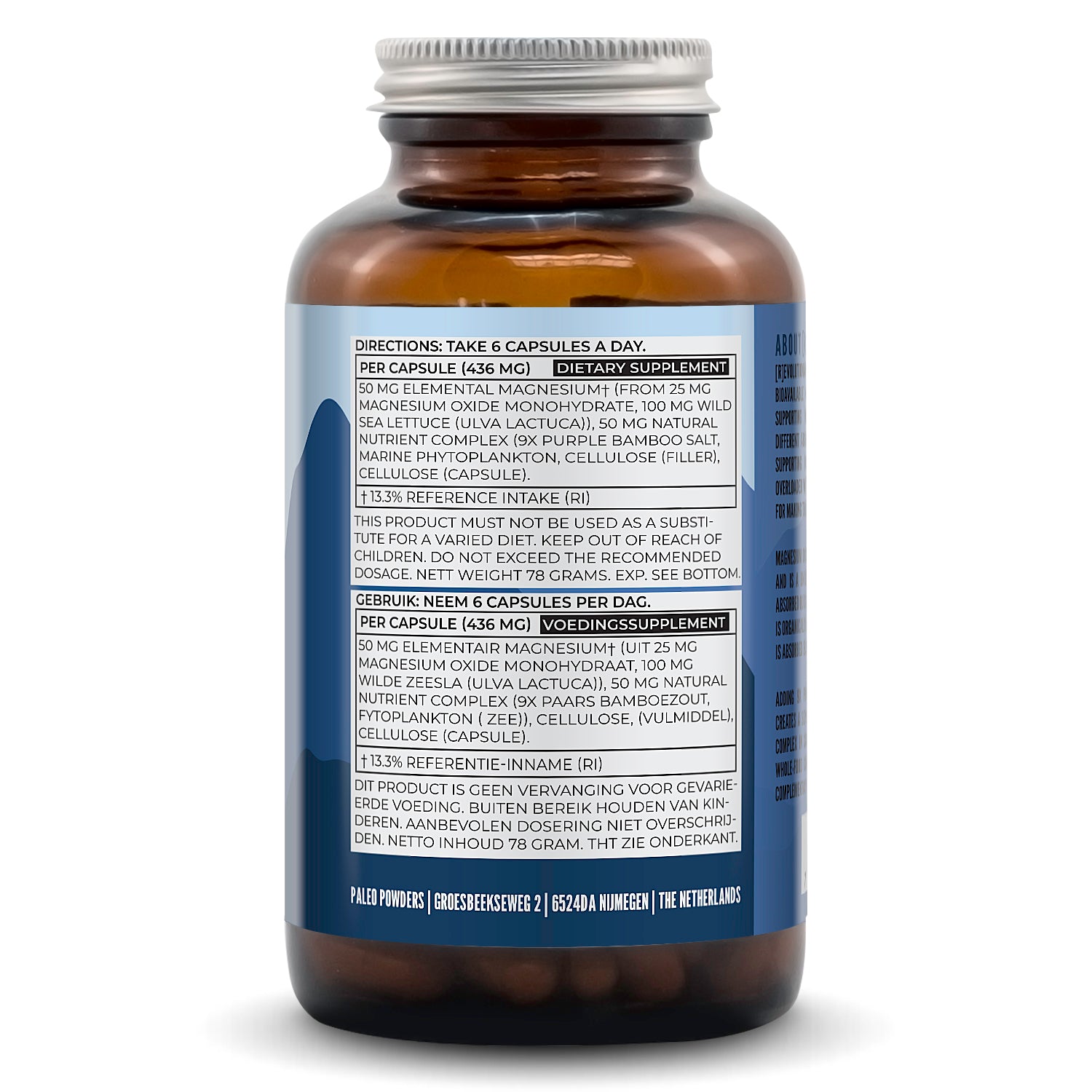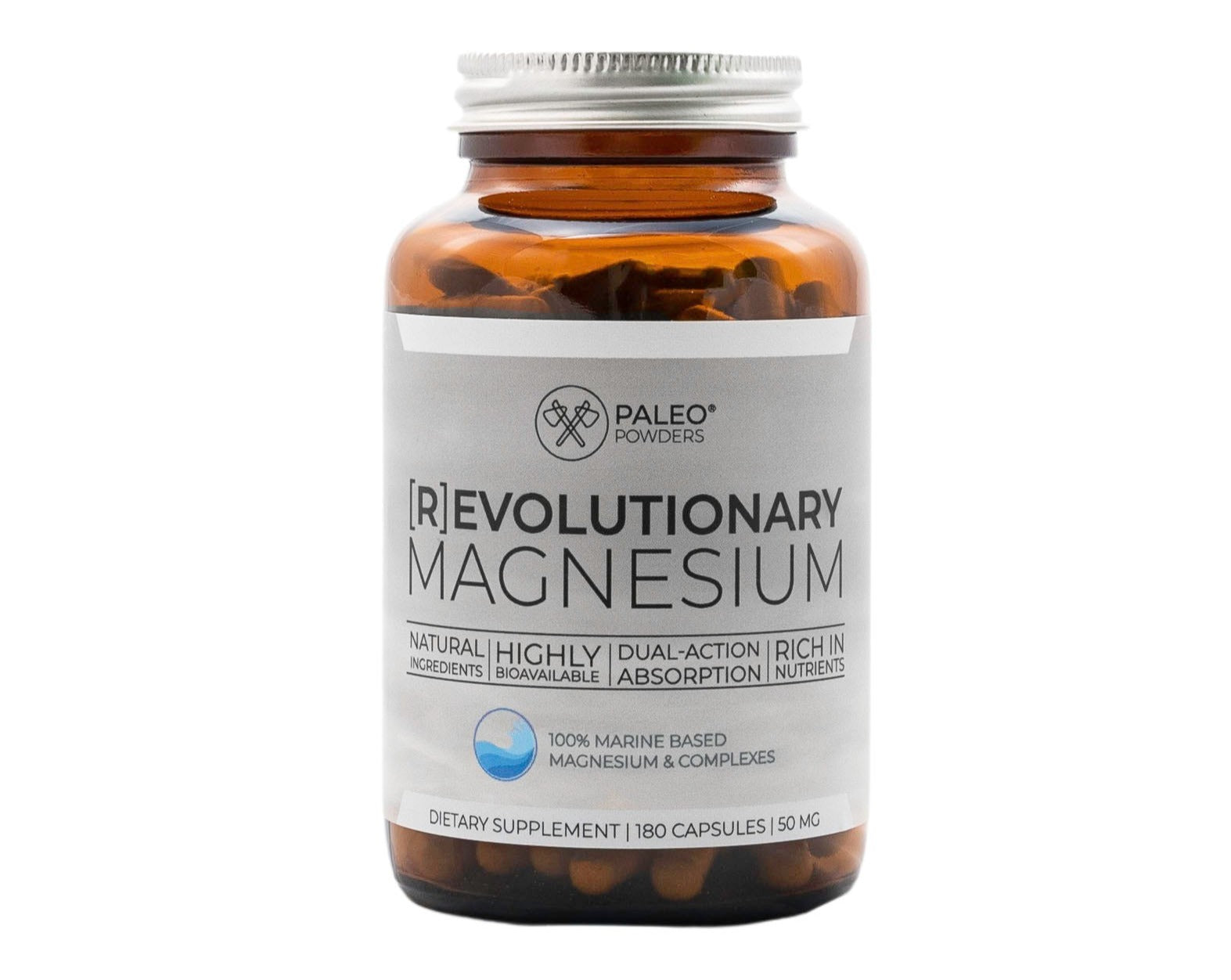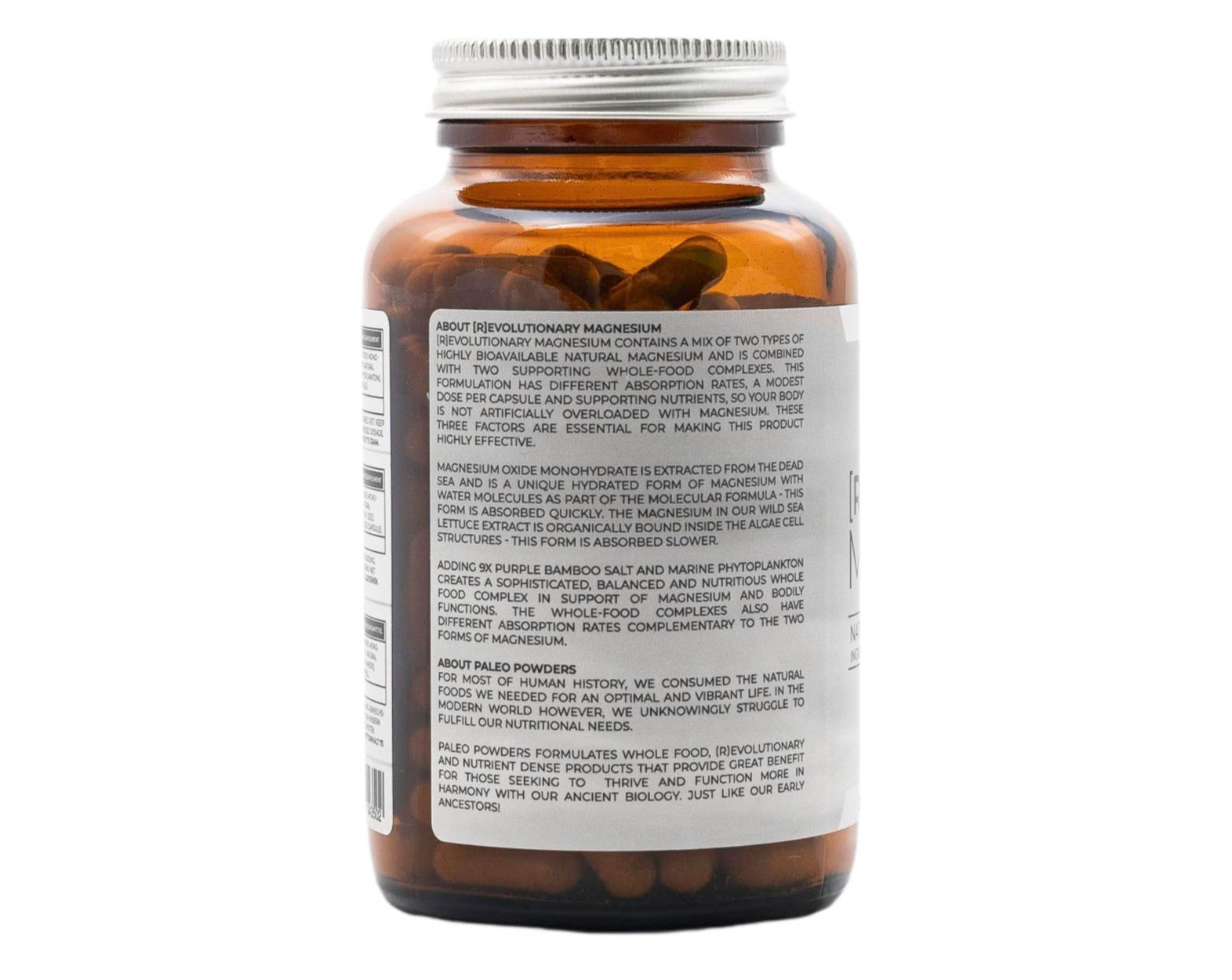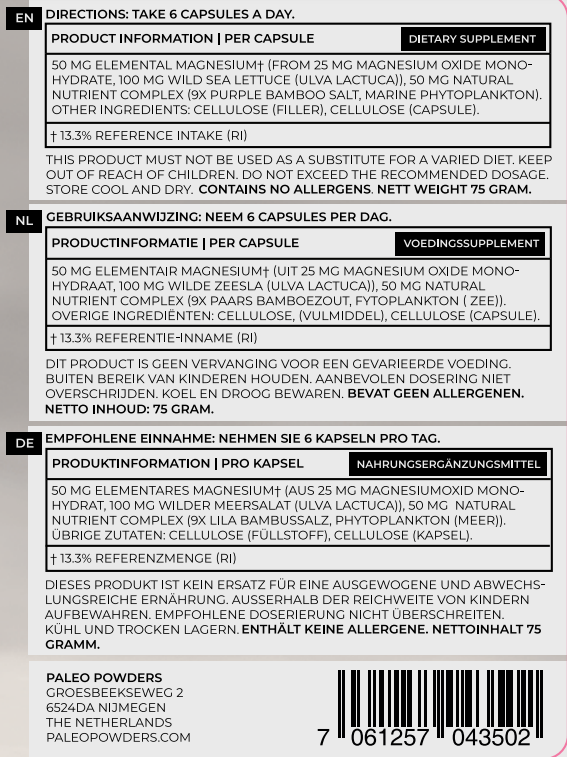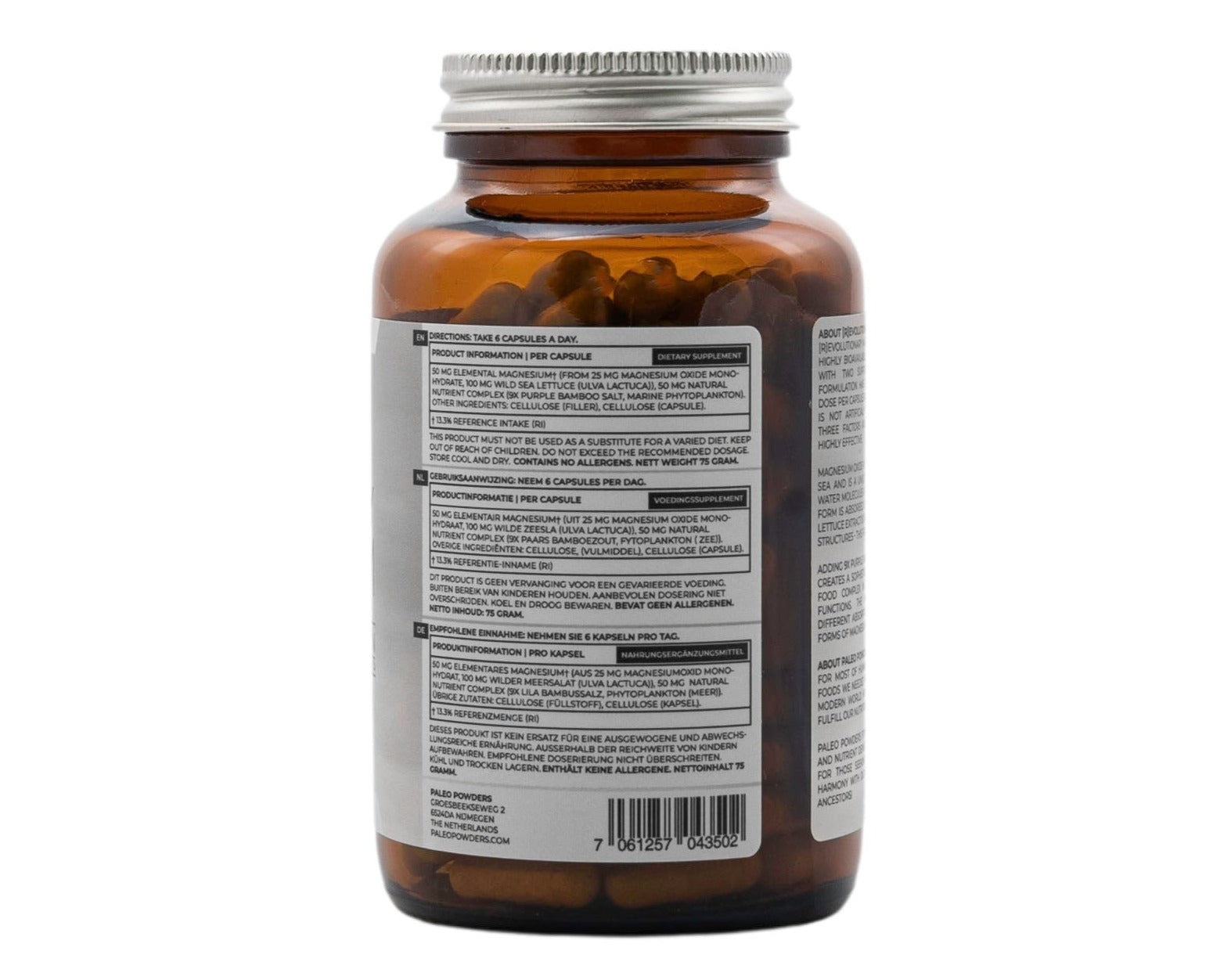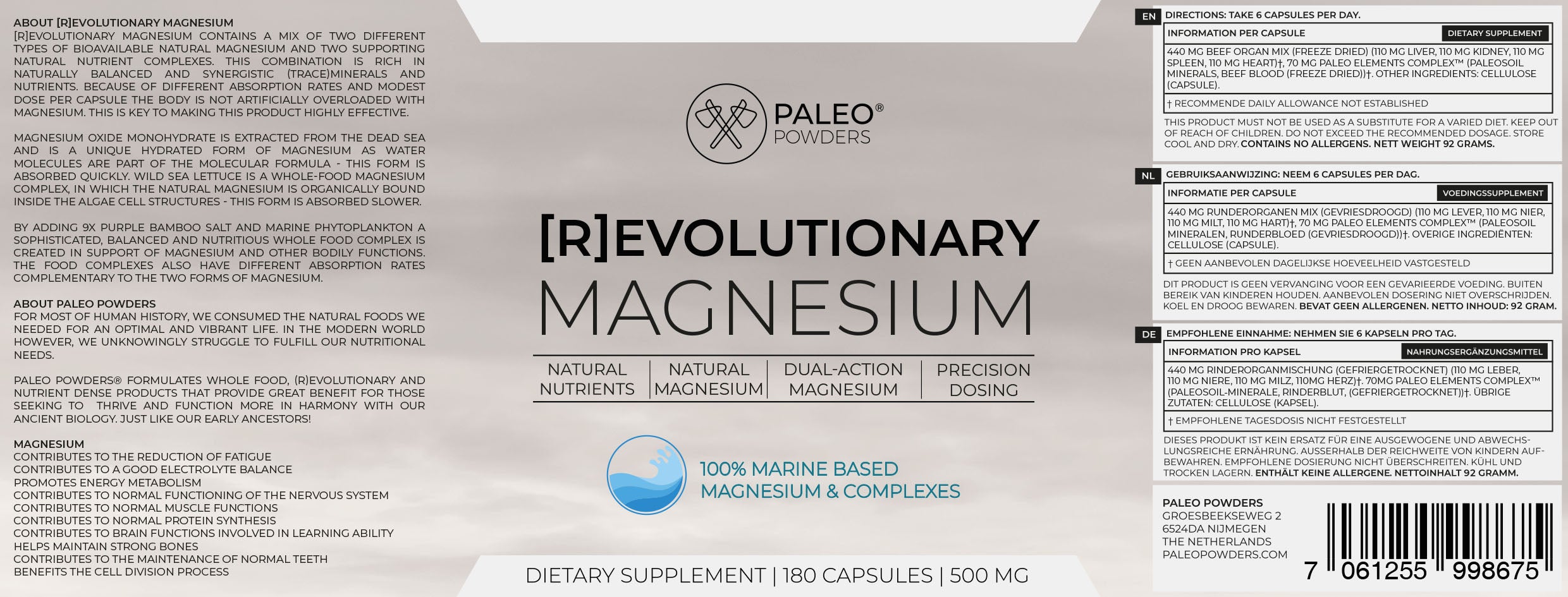
Organ meats as multivitamins
Eating organ meats is one of the best ways to ensure you get the most out of your food and get closer to optimal well-being. It is much more nutritious than the muscle meat typical in most Western diets.
Organ meats versus multivitamins
Therapists and functional physicians absolutely agree that eating nutrients from whole food sources is superior to obtaining nutrients from multivitamins or other individual supplements.
That's because when you eat a whole food source you get the maximum benefit from food synergy. Food synergy occurs when all the nutrients in a food work together to provide maximum health benefits
For example, liver contains a lot of vitamin A (a fat-soluble vitamin). Liver is also high in fat, which naturally helps your body absorb the vitamin A you just ate. This is not the case with a vitamin A supplement, because certain ingredients are missing, in this case fat!
Iron, for example, helps boost the antioxidant power of vitamin C - both of which can also be found in organ meats. So nature has all the different nutrients in the right proportions!
Which organs should you eat?
(Beef) liver and kidneys are two of the most nutritious organs you can consume, but liver from sheep, goats, buffalo, deer, elk, giraffe and camel are also very nutritious
Liver and kidneys are probably the most commonly eaten organs in Europe, but other organs are also ideal for consumption.
- Liver
- Kidney
- Heart
- Brain
- Tongue
- Intestine/stomach (rumen)
- Thymus or pancreas
- Testicles
- Skin
- Bones, tendons and other connective tissue
- Eyes
Nutritional profile
The nutritional profile of different organs changes from animal to animal, but we are now focusing on organs from cattle. The following information is based on 100 grams of beef liver, heart and kidneys.
Beef liver
Beef liver is the most nutritious item on the list. It contains:
- Vitamin A (retinol]
- Riboflavin (B2)
- Niacin (B3)
- Vitamin (B6)
- Folic acid (B9)
- Vitamin B12
- Pantothenic acid (B5)
- Choline
- Iron
- Phosphorus
- Zinc
- Buyer
- Selenium
Organ meat has a high content of B vitamins. B vitamins are water soluble, so any excess is excreted through the urine. With vitamins A, E and D it is possible to overdose, but it is much more likely through supplementation than through eating liver.
Beef heart
Like liver, heart is packed with numerous bioavailable nutrients and health benefits, including CoQ10.
Besides CoQ10, the other notable nutrients are;
- Riboflavin (B2)
- Niacin (B3)
- Vitamin b12
- Iron
- Phosphorus
- Buyer
- Selenium
Beef kidney
The kidneys and liver are both filtering organs, breaking down toxins from our food and environment to process them. None of these organs actually store these toxins, a common misconception. Instead, they fuel the chemical reactions your body needs to rid yourself of toxins, so when you eat them they boost your own organs' ability to do the same.
Kidneys contain, among others, the following nutrients:
- Riboflavin (B2)
- Vitamin b12
- Choline
Start eating organ meats
Organs are much more than just animal by-products. They are some of the most nutritious foods available and are the key to eating nose-to-tail. They also support a healthy paleo and carnivore diet.
The quickest way to start eating organ meats is to grab some of our freeze-dried supplements like beef liver or beef organ blend with a whopping 4 powerful organs!
But there are also a number of alternatives, such as making your own bone broth or soups or trying pate, the possibilities are endless!


